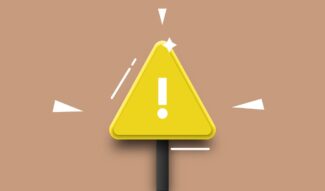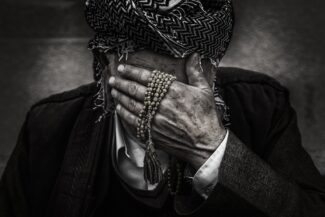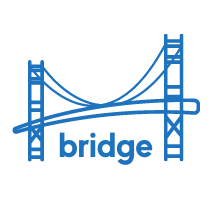Experiences of grief can intensify at so many points in life. Especially during particular importance to a individual (e.g., anniversaries) or during/following the Holidays. So how can we provide individuals with anniversary and holiday grief support?
There is no doubt about how difficult this experience can really be for clients. Not to mention how it can go along with other experiences like loneliness. Clients often discuss how hard this experience is and how past grief experiences affect their lives now. “I think I didn’t really process the loss of my mother right way.” Or, “I really need to get to the acceptance stage.”
Interestingly, there are many misconceptions about grief that may make client experiences worse. For instance, research has long debunked stage models of grief (e.g., 5 stages of grief), regardless of stage order. Or that we should engage in deep thought and consideration of a loss in order to “process” that loss. Pressuring oneself to intently experience grief actually appears to increase the risk of further difficulties or prolonged grief disorder.
Online misinformation is prevalent and potentially creates unrealistic expectations of how to approach loss. This often leads to more problems for individuals beyond how hard the grief itself really is!
So it is not likely that there is extra processing or certain ways a client “should have” handled their loss that would make anniversaries or holidays easier. This research-based idea might provide great validation and relief for clients (even if confusing for their emotional experience at first). And at the same time, research also helps provide ways to help clients going forward.
Then how else can we anniversaries and holiday grief support for clients? Difficulties coping with grief experience often relate to sense of identity associated with the loss. Research finds that behavioral activation is effective for grief. This is because it helps individuals reconnect with a sense of self they may have lost. This approach may also be effective for loneliness. So a nice bonus there!
Behavioral activation helps clients engage themselves in activities or hobbies that provide meaning or sense of purpose to boost mood. This can also include helping clients find new traditions for themselves that go along with their interests and facilitate sense of self (even if this is difficult for clients at first). This approach can be augmented with gratitude tools like journaling and gratitude letters.
Anniversaries and holidays associated with major losses and grief are so difficult. Anniversaries and holiday grief support can help clients connect with what they value and form new traditions that built sense of self to relieve grief and loneliness. All without forgetting how what was lost was important them.









